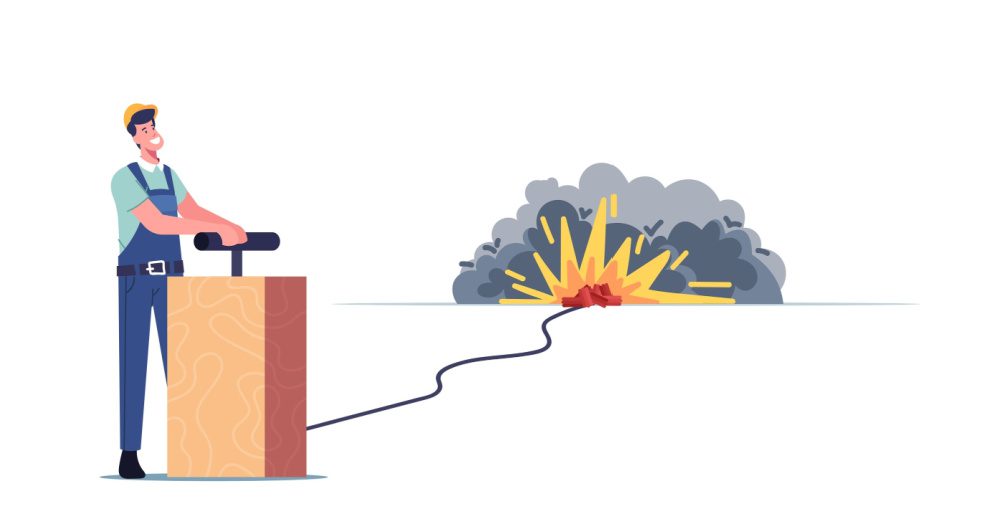Liquidation

The term refers to the process of converting property or assets into cash by selling them on the open market. It also describes the process of ending a business and distributing its assets to claimants.
Liquidation value estimates the final amount received by the holder of financial instruments when an asset is quickly sold, usually as part of a bankruptcy process. In such cases, a business is shut down, and its tangible assets are sold rapidly at a significantly reduced percentage of their original cost, often fetching only a fraction of their initial value.
While businesses can sell assets to generate cash without facing financial difficulties, in the business realm, asset liquidation is primarily carried out during bankruptcy proceedings. If a company is unable to repay creditors due to financial hardship, a bankruptcy court might mandate the compulsory liquidation of assets when insolvency is determined.
Secured creditors claim assets pledged as collateral before loan approval, while unsecured creditors are paid from remaining cash during liquidation. If any funds remain after settling all creditors, shareholders are paid based on their share proportion in the insolvent company.
Liquidation doesn’t always stem from insolvency. A voluntary liquidation happens when shareholders choose to close the company because they believe it has fulfilled its goals. Shareholders file a petition for voluntary liquidation, appoint a liquidator, who then collects and sells the company’s assets. The proceeds are distributed to employees owed wages and creditors in a specified order of priority.









